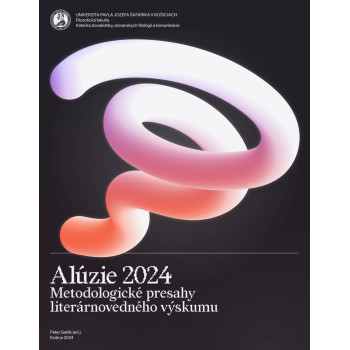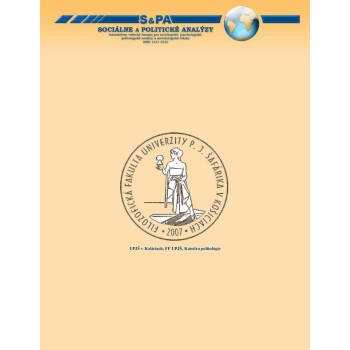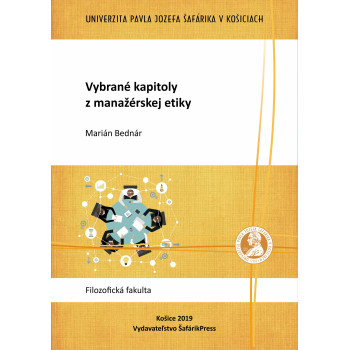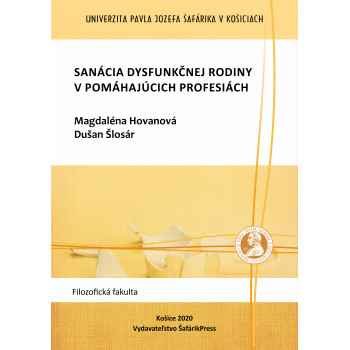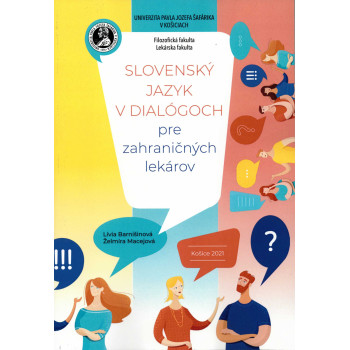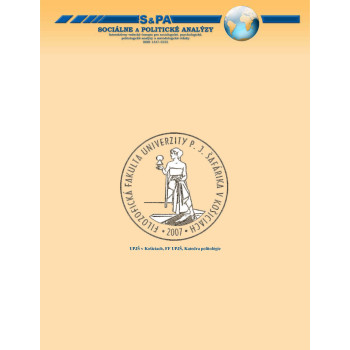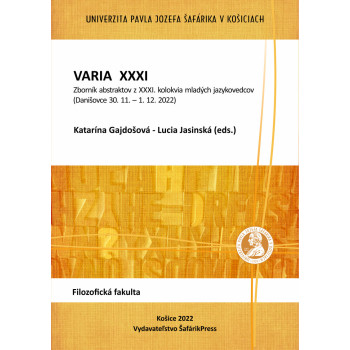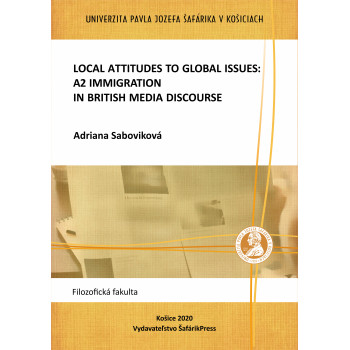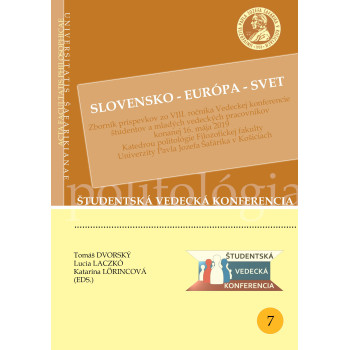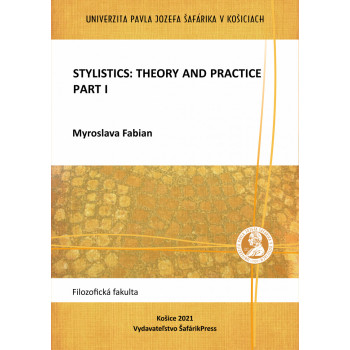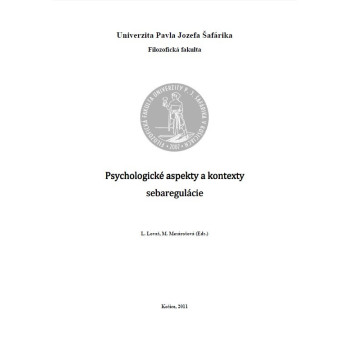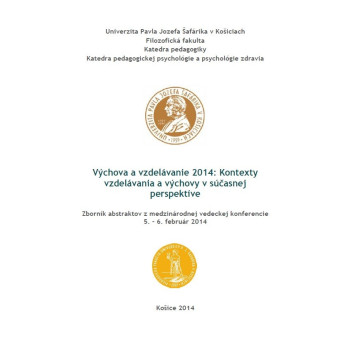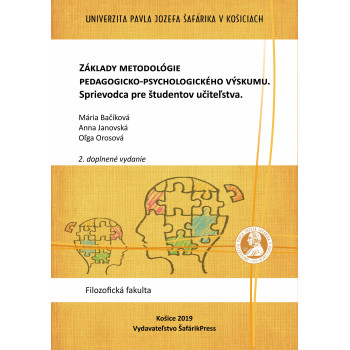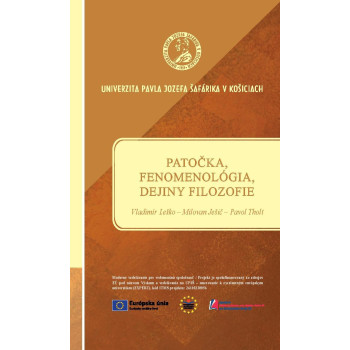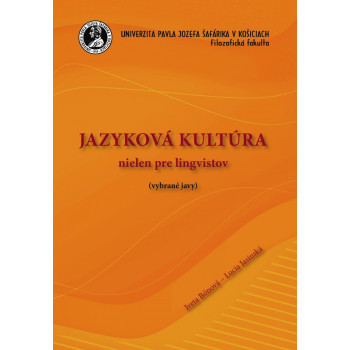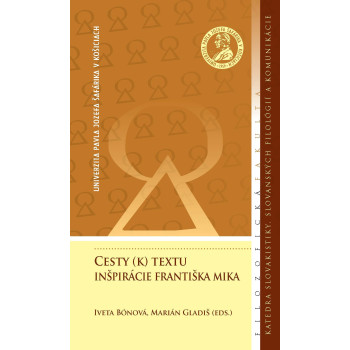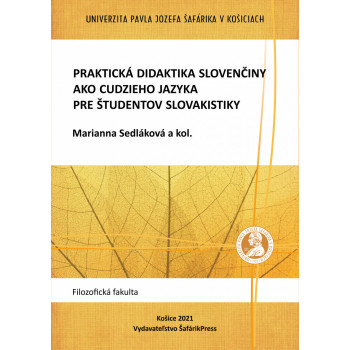
Allusions 2024
E-book
Peter Getlík (ed.)
Methodological Overlaps in Literary Research (15th – 16th April 2024 in Košice)
Proceedings of Extended Abstracts from the International Conference Allusions 2024: Methodological Overlaps in Literary Research (15th – 16th April 2024 in Košice) are being published in the final phase and last year of the APVV-19-0244 project, Methodological Procedures in Literary-Scholarship Research with an Impact on the Media Environment. The collection captures the mutual communication of several related disciplines. The authors of the abstracts present literary, translation, media, cultural, and other methodological approaches in their research on various topics, which are united by the theme of overlapping and connecting disciplines, methods, directions, or even the art works themselves, as hinted at by the playful term "allusions" in the conference title.



